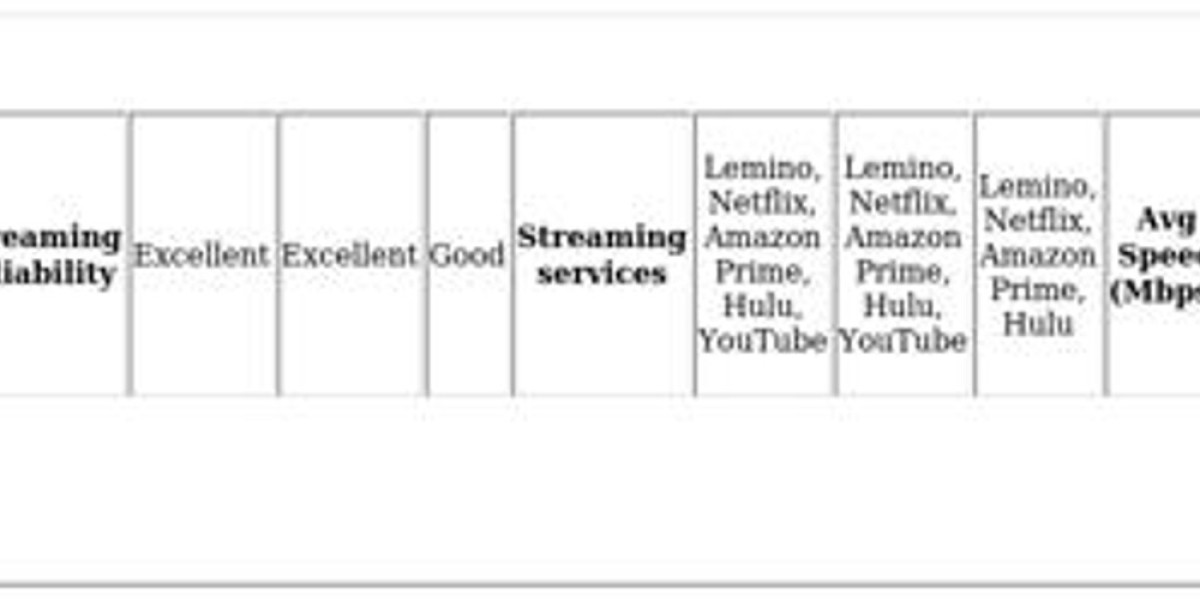Within the bustling halls of an NHS hospital in Birmingham, a young man named James Stokes carries himself with the measured poise of someone who has found his place. His smart shoes move with deliberate precision as he exchanges pleasantries with colleagues—some by name, others with the familiar currency of a "hello there."
James carries his identification not merely as an employee badge but as a symbol of inclusion. It rests against a well-maintained uniform that offers no clue of the tumultuous journey that led him to this place.
What separates James from many of his colleagues is not visible on the surface. His bearing gives away nothing of the fact that he was among the first beneficiaries of the NHS Universal Family Programme—an undertaking designed specifically for young people who have experienced life in local authority care.
"The Programme embraced me when I needed it most," James reflects, his voice measured but revealing subtle passion. His remark encapsulates the essence of a programme that strives to transform how the vast healthcare system approaches care leavers—those frequently marginalized young people aged 16-25 who have emerged from the care system.

The statistics reveal a challenging reality. Care leavers often face higher rates of mental health issues, financial instability, housing precarity, and reduced scholarly attainment compared to their contemporaries. Underlying these impersonal figures are individual journeys of young people who have maneuvered through a system that, despite good efforts, often falls short in providing the nurturing environment that molds most young lives.
The NHS Universal Family Programme, initiated in January 2023 following NHS England's promise to the Care Leaver Covenant, represents a profound shift in institutional thinking. At its heart, it accepts that the whole state and civil society should function as a "universal family" for those who have missed out on the security of a typical domestic environment.
Ten pathfinder integrated care boards across England have blazed the trail, establishing structures that reimagine how the NHS—one of Europe's largest employers—can create pathways to care leavers.
The Programme is detailed in its approach, beginning with comprehensive audits of existing policies, establishing oversight mechanisms, and obtaining leadership support. It understands that meaningful participation requires more than good intentions—it demands tangible actions.

In NHS Birmingham and Solihull ICB, where James started his career, they've developed a reliable information exchange with representatives who can offer help and direction on mental health, HR matters, recruitment, and equality, diversity, and inclusion.
The conventional NHS recruitment process—structured and often daunting—has been carefully modified. Job advertisements now emphasize personal qualities rather than numerous requirements. Application processes have been redesigned to consider the unique challenges care leavers might face—from missing employment history to struggling with internet access.
Possibly most crucially, the Programme recognizes that starting a job can create specific difficulties for care leavers who may be handling self-sufficiency without the backup of familial aid. Concerns like transportation costs, proper ID, and bank accounts—assumed basic by many—can become substantial hurdles.
The beauty of the Programme lies in its attention to detail—from outlining compensation information to helping with commuting costs until that essential first payday. Even seemingly minor aspects like break times and professional behavior are carefully explained.
For James, whose NHS journey has "changed" his life, the Programme offered more than a job. It offered him a feeling of connection—that intangible quality that emerges when someone is appreciated not despite their history but because their unique life experiences improves the institution.
"Working for the NHS isn't just about doctors and nurses," James observes, his eyes reflecting the modest fulfillment of someone who has secured his position. "It's about a community of different jobs and roles, a group of people who really connect."
The NHS Universal Family Programme represents more than an employment initiative. It exists as a powerful statement that systems can change to welcome those who have known different challenges. In doing so, they not only alter individual futures but enhance their operations through the unique perspectives that care leavers contribute.
As James moves through the hospital, his presence silently testifies that with the right assistance, care leavers can flourish in environments once thought inaccessible. The arm that the NHS has provided through this Programme symbolizes not charity but acknowledgment of hidden abilities and the fundamental reality that each individual warrants a family that champions their success.








